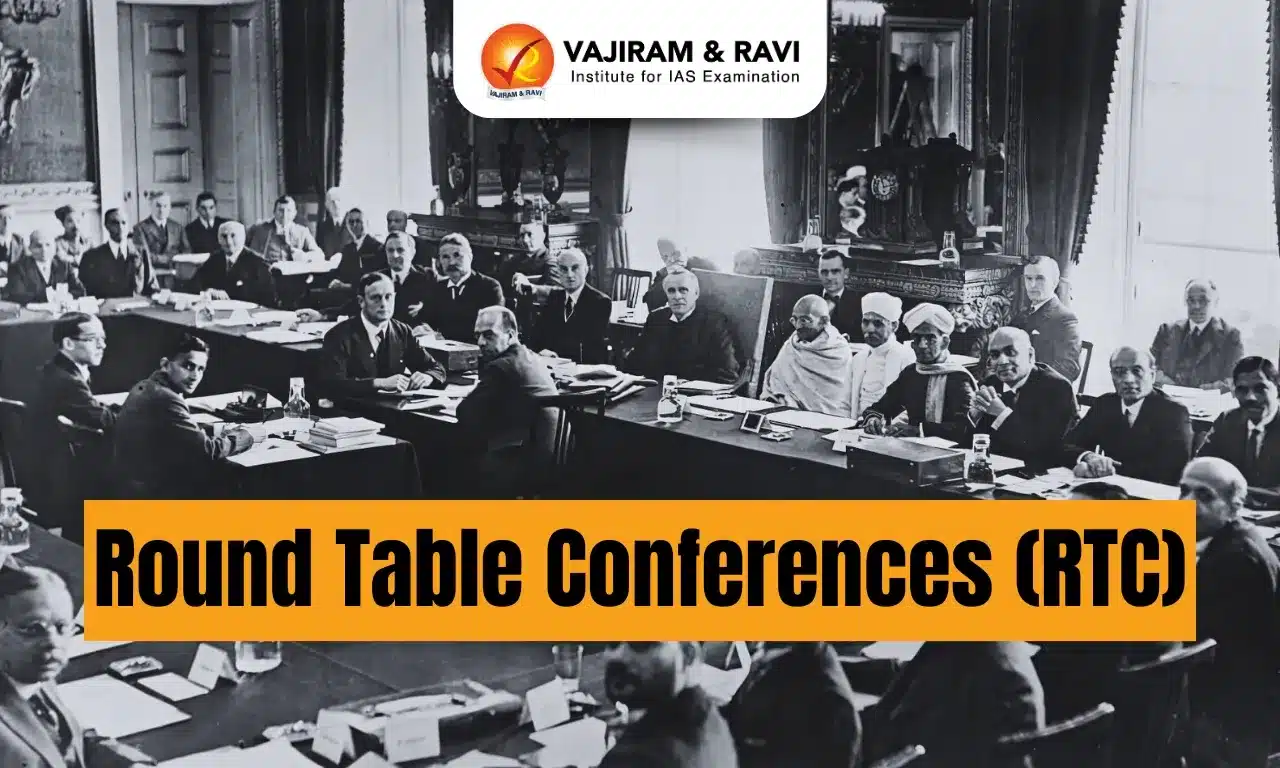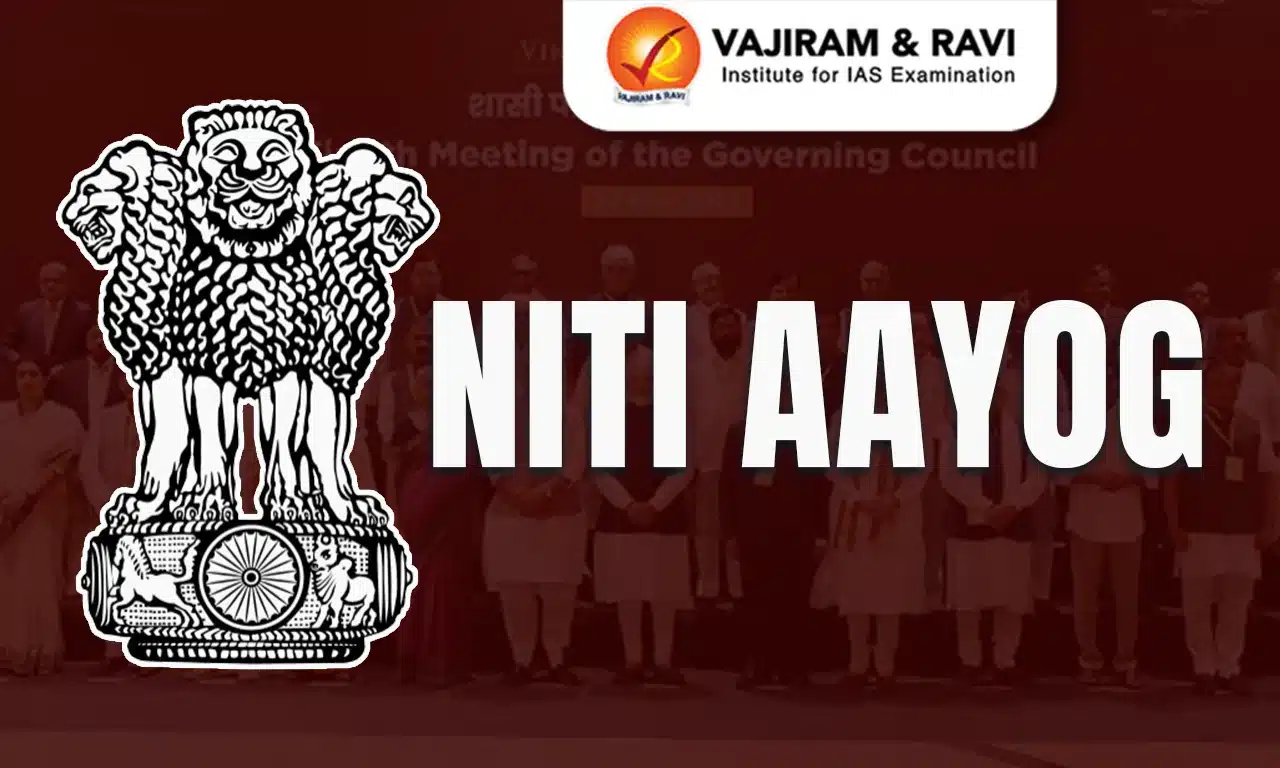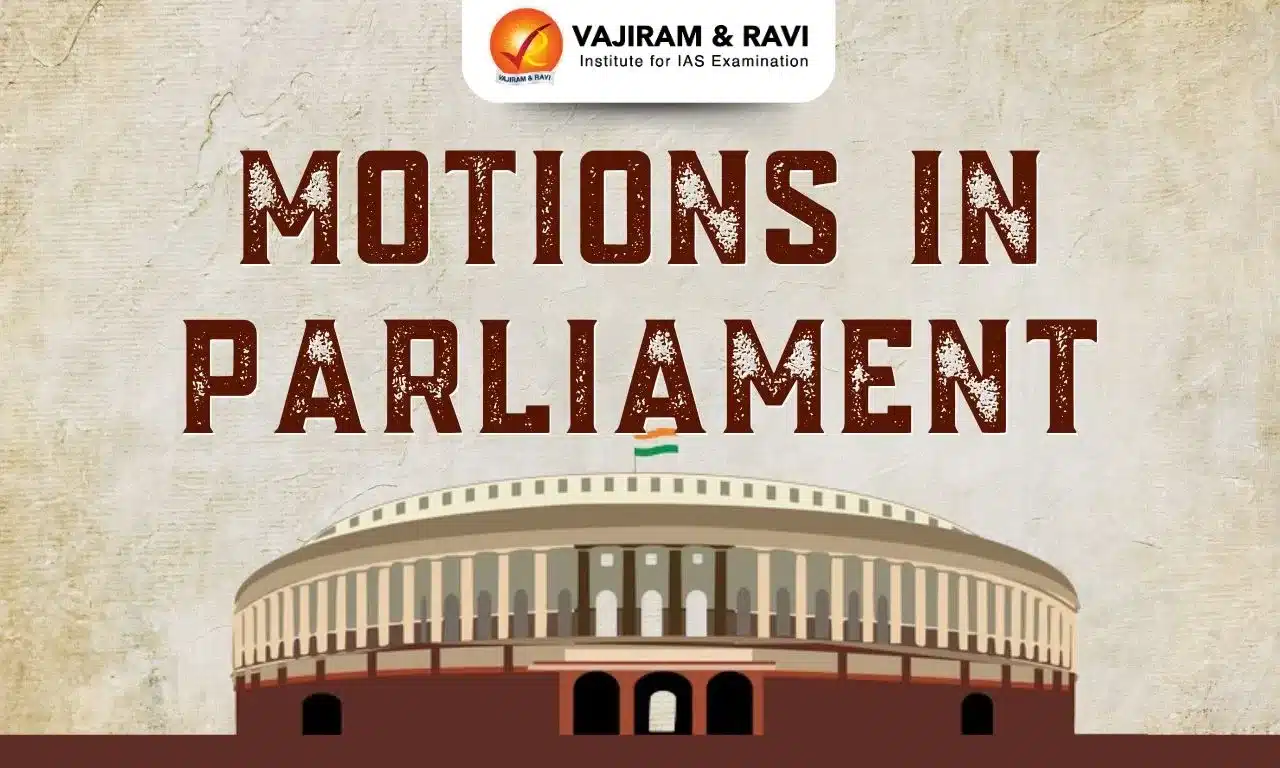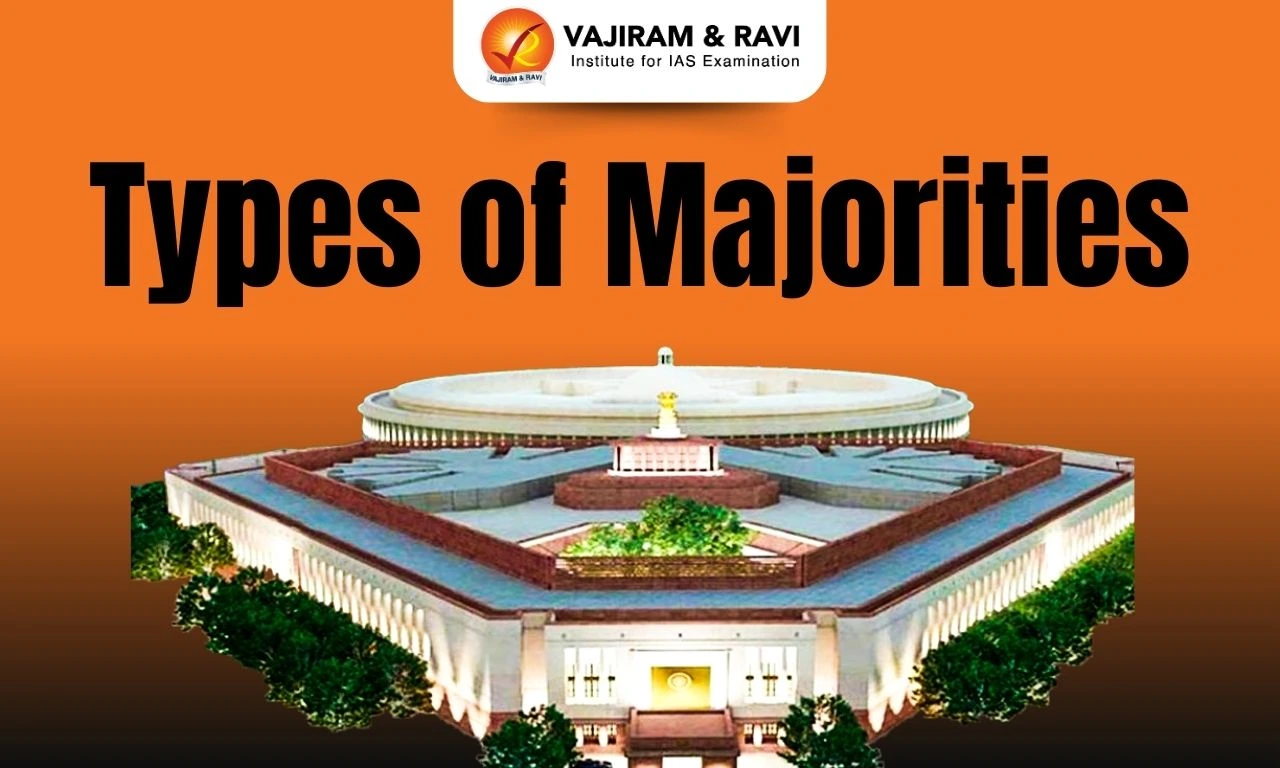Round Table Conferences: The Simon Commission report (1930) was published in the midst of government repression and the intensification of the civil disobedience movement, and there was no suggestion that India might be granted dominion status. As a result, even the most moderate Indian political opinion turned against the British. The Viceroy then extended an invitation to a Round Table Conference and stated that the award of Dominion Status would be discussed. Between 1930 and 1932, the British government convened a series of round table conferences to discuss India's future government.
First Round Table Conference
In response to the Simon Report's shortcomings, the Labour Government, led by Ramsay MacDonald, decided to hold a series of Round Table Conferences in London. It was the first time that Indians and the British met as 'equals.' On November 12th, 1930, the first conference began.
| Date: 12th November, 1930 | Place: London |
| Presided by | - Ramsay MacDonald (Prime Minister of Britain) |
| Participants |
-The Princely States, Muslim League, Justice Party, Hindu Mahasabha, and others were among those who attended. - The Indian National Congress, as well as other prominent politicians, did not participate because Congress decided to boycott the round table conferences at the Lahore session, and majority of leaders had been imprisoned for being involved in the Civil Disobedience Movement. |
| Issues Discussed |
- The federal government structure. - The executive's accountability to the legislature. - Separate electorates for "untouchables as proposed by Dr B R Ambedkar. - Tej Bahadur Sapru proposed an All-India Federation. The Muslim League agreed with this. |
| Outcome |
- It was generally agreed that if India was to develop into a federation, there were to be safeguards regarding defence and finance, while other departments were to be transferred. -The Indian National Congress leaders continued the Civil Disobedience Movement during the First Round Table Conference. As a result, the First Round Table Conference was deemed a failure. |
Second Round Table Conference
The British Government acknowledged the importance of the Congress Party's participation in Round Table Conferences for effective reform implementation and expressed hope that INC leaders would attend the Second Round Table Conference.
Lord Irwin met with Gandhi to reach a compromise. On 5 March 1931, Mahatma Gandhi and Lord Irwin signed the Gandhi-Irwin Pact, and they agreed on the following to pave the way for the Congress' participation in the second Round Table Conference:
- Congress would end the Civil Disobedience Movement and attend the second Round Table Conference.
- The government would withdraw all ordinances enacted to restrain the Congress.
- The government would cease all prosecutions for nonviolent offences.
- The government would release all individuals serving prison sentences for their involvement in the Civil Disobedience Movement.
| Date: 7th September 1931 | Place: London |
| Presided by | - Ramsay MacDonald |
| Participants |
- Indian National Congress, which was solely represented by Gandhi, the Muslim League, Hindu Mahasabha, Dr. B. R. Ambedkar and others. - Representatives from Burma, as well as Sindh, Assam, Central Provinces, and the NWFP, were also present. |
| Issues discussed |
- Gandhi demanded the immediate establishment of a responsible government at the national and provincial levels. He also stated that:
|
| Outcomes |
- This session only widened the difference between Congress and minorities. - MacDonald ended the session with an address announcing the:
|
Third Round Table Conference
When Gandhi returned from the second round table conference, he relaunched the Civil Disobedience Movement because the British Government refused to concede the basic nationalist demand for freedom on the basis of the immediate grant of Dominion Status. Following the failure of the Round Table Conference, Gandhi and other Congress leaders were arrested again, and the Congress was declared illegal.
| Date: November 17, 1932 | Place: London |
| Presided by | - Ramsay MacDonald |
| Participants |
- Attended by 46 delegates, but the Indian National Congress and the Labour Party in the United Kingdom decided not to attend. - Dr. B. R. Ambedkar (Depressed Classes). - Indian princely states were represented by princes and divans. - Muhammad Ali, Agha Khan, Fazlul Haq, and Jinnah were among the Muslim leaders who attended the conference. |
| Issues Discussed |
- In the Conference, the reports of the Sub-Committees appointed during the Second Round Table Conference were heard and formed the basis of discussions. - Some more details about the new constitution were settled. - The Indian delegates tried to push through some progressive provisions, which were instantly put into cold storage. - Similarly, the question of including a Bill of Rights for the citizens was shelved on flimsy excuses. |
| Outcomes |
- In March 1933, the British Government came out with the White Paper containing the proposals, indicating the line on which the new Constitution of India was to take shape. - On this basis, the Government of India Act of 1935 was enacted. |
| Other Related Posts | |
| Civil Disobedience Movement | Poona Pact |
| Round Table Conference | 1937 Elections |
| Gandhi Irwin Pact | |
Last updated on March, 2026
→ UPSC Notification 2026 is now out on the official website at upsconline.nic.in.
→ UPSC IFoS Notification 2026 is now out on the official website at upsconline.nic.in.
→ UPSC Calendar 2026 has been released.
→ UPSC Final Result 2025 is expected to be released soon.
→ Check out the latest UPSC Syllabus 2026 here.
→ Join Vajiram & Ravi’s Interview Guidance Programme for expert help to crack your final UPSC stage.
→ UPSC Mains Result 2025 is now out.
→ UPSC Prelims 2026 will be conducted on 24th May, 2026 & UPSC Mains 2026 will be conducted on 21st August 2026.
→ The UPSC Selection Process is of 3 stages-Prelims, Mains and Interview.
→ Prepare effectively with Vajiram & Ravi’s UPSC Prelims Test Series 2026 featuring full-length mock tests, detailed solutions, and performance analysis.
→ Enroll in Vajiram & Ravi’s UPSC Mains Test Series 2026 for structured answer writing practice, expert evaluation, and exam-oriented feedback.
→ Join Vajiram & Ravi’s Best UPSC Mentorship Program for personalized guidance, strategy planning, and one-to-one support from experienced mentors.
→ Check UPSC Marksheet 2024 Here.
→ UPSC Toppers List 2024 is released now. Shakti Dubey is UPSC AIR 1 2024 Topper.
→ Also check Best UPSC Coaching in India
Round Table Conferences FAQs
Q1. When did the second round table conference take place?+
Q2. Which round table conference was boycotted by Congress?+
Q3. Who joined the First Round Table Conference?+
Q4. What was the reason for the failure of the second round table conference?+
Q5. Which round table conference was attended by Mahatma Gandhi?Which round table conference was attended by Mahatma Gandhi?+
Tags: quest round table conferences














